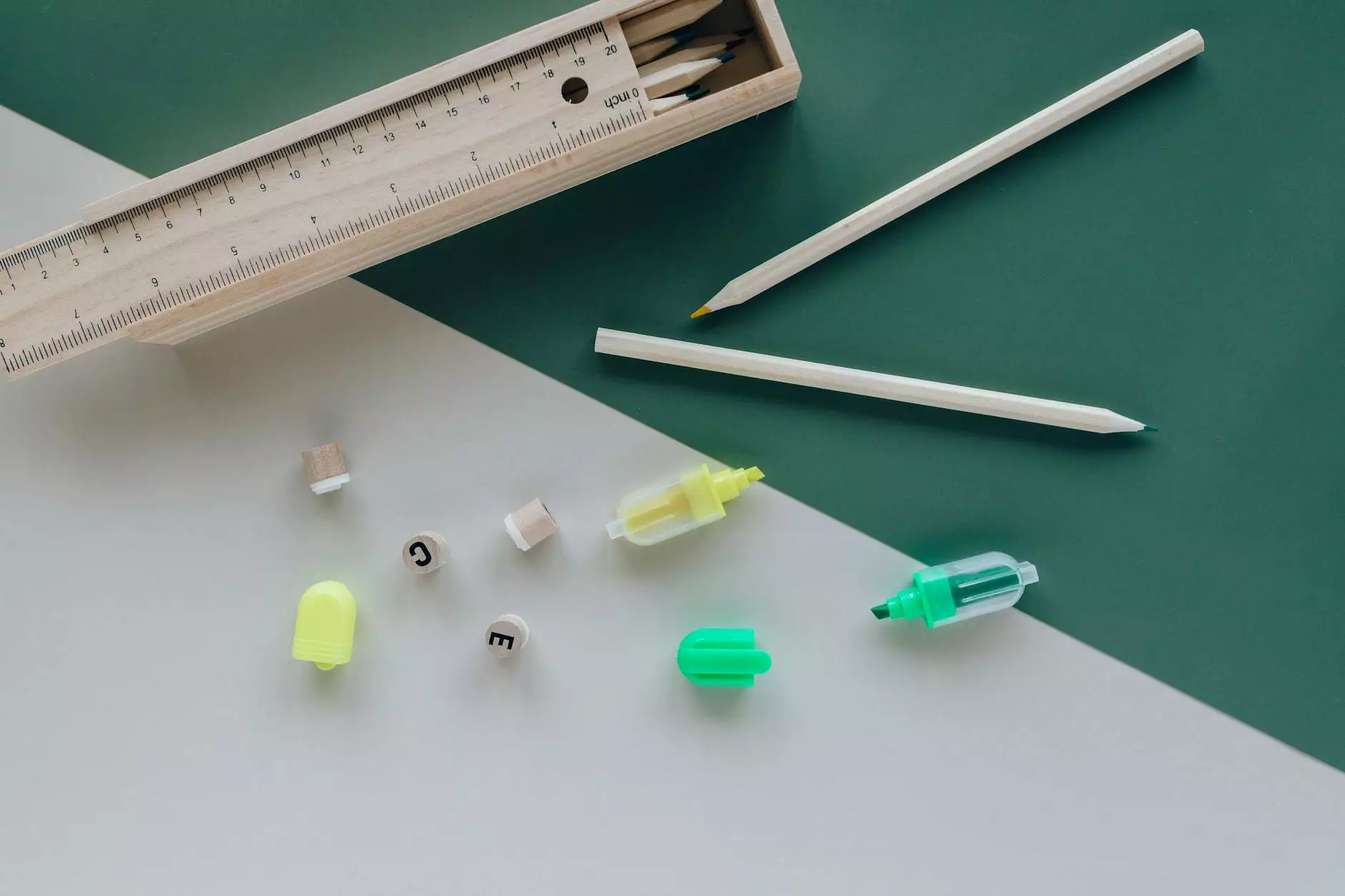The MiniOmni Bone Densitometer: A Game-Changer in Bone Health Assessment

The MiniOmni Bone Densitometer represents a significant advancement in the field of bone health assessment. This state-of-the-art equipment is designed to measure bone density with high precision and accuracy, offering essential insights for healthcare providers. With the rise in osteoporosis and related conditions, the need for effective diagnostic tools such as the MiniOmni cannot be overstated.
Understanding Bone Density and Its Importance
Bone density refers to the amount of bone mineral in bone tissue, which is an essential indicator of bone strength. The measurement of bone density is crucial for:
- Diagnosis of Osteoporosis: By measuring bone density, healthcare professionals can diagnose osteoporosis early, allowing for timely intervention.
- Assessment of Fracture Risk: Low bone density is linked to a higher risk of fractures. Understanding a patient's bone density can help predict and prevent incidents.
- Monitoring Treatment Outcomes: For patients undergoing treatments for bone-related conditions, monitoring bone density can provide valuable feedback on the effectiveness of the treatment.
Features of the MiniOmni Bone Densitometer
The MiniOmni Bone Densitometer is equipped with advanced technology that enhances its functionality. Here are some notable features:
1. High Precision Measurements
This device employs dual-energy X-ray absorptiometry (DXA), the gold standard for measuring bone density. The precision of the MiniOmni ensures accurate results, minimizing the risk of false readings.
2. Compact Design
The MiniOmni is designed to be compact and lightweight, making it suitable for various settings, including clinics and outpatient facilities where space may be limited.
3. User-Friendly Interface
With a user-friendly interface, the MiniOmni makes it easy for healthcare professionals to operate. Training requirements are minimal, allowing for quick adoption in medical centers.
4. Fast Scanning Time
Patients benefit from rapid scanning processes that reduce waiting times. This efficiency enhances patient satisfaction and streamlines clinic operations.
The Benefits of Using the MiniOmni Bone Densitometer
Implementing the MiniOmni Bone Densitometer in healthcare settings comes with numerous advantages:
- Enhanced Patient Care: Accurate bone density measurements contribute to better patient care through early detection of potential health issues.
- Cost-Effective Solution: By enabling early diagnosis and treatment, the MiniOmni can help lower overall healthcare costs associated with treating osteoporosis and its complications.
- Wide Range of Applications: The device can be utilized in various medical settings, from hospitals and specialized clinics to general practitioners’ offices.
Implementation in Healthcare Facilities
Integrating the MiniOmni Bone Densitometer into healthcare facilities requires careful planning:
1. Staff Training
Ensuring that staff are adequately trained to use the MiniOmni is critical. This should involve both operational training and education on the interpretation of results.
2. Marketing the Service
Facilities should promote their bone density screening services to attract patients, emphasizing the importance of bone health and the advantages of early screening.
3. Establishing Protocols
It is essential to develop protocols for the use of the MiniOmni, including screening frequency and follow-up processes for patients with low bone density.
Real-World Impact of the MiniOmni Bone Densitometer
To truly appreciate the significance of the MiniOmni Bone Densitometer, we can look at case studies and data relating to its impact:
- Increased Detection Rates: Clinics that have adopted the MiniOmni have reported a significant increase in the detection rates of osteoporosis among patients who did not previously understand their risk factors.
- Positive Outcomes: Patients receiving early diagnosis through the MiniOmni have shown better health outcomes due to timely treatment interventions.
- Community Awareness: Many facilities utilizing this technology have participated in community outreach programs to raise awareness about osteoporosis and the importance of bone density testing.
Conclusion
In conclusion, the MiniOmni Bone Densitometer is a revolutionary tool that transforms the management of bone health within healthcare settings. Its precision, efficiency, and ease of use make it a preferred choice for medical centers focused on improving patient outcomes. With the growing concern over bone diseases, the importance of adopting cutting-edge technologies like the MiniOmni cannot be overstated. By investing in such equipment, healthcare providers can enhance their service offerings, promote early detection, and ultimately contribute to the overall betterment of patient health in their communities.
For those involved in the health markets or managing medical centers, the decision to integrate the MiniOmni Bone Densitometer represents a significant step toward comprehensive health service delivery.









